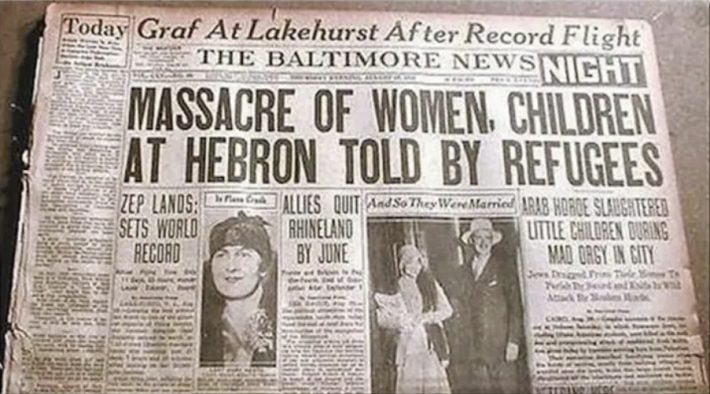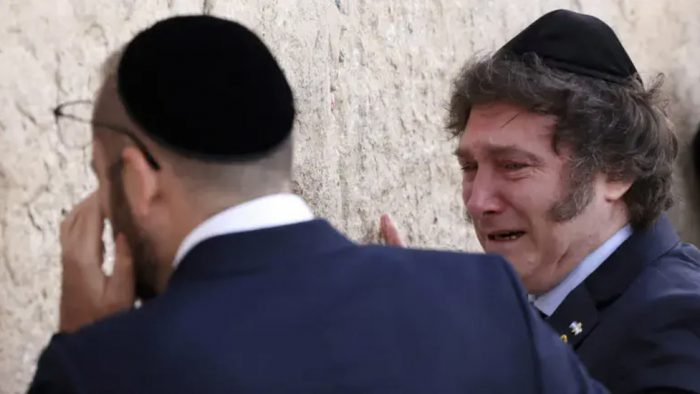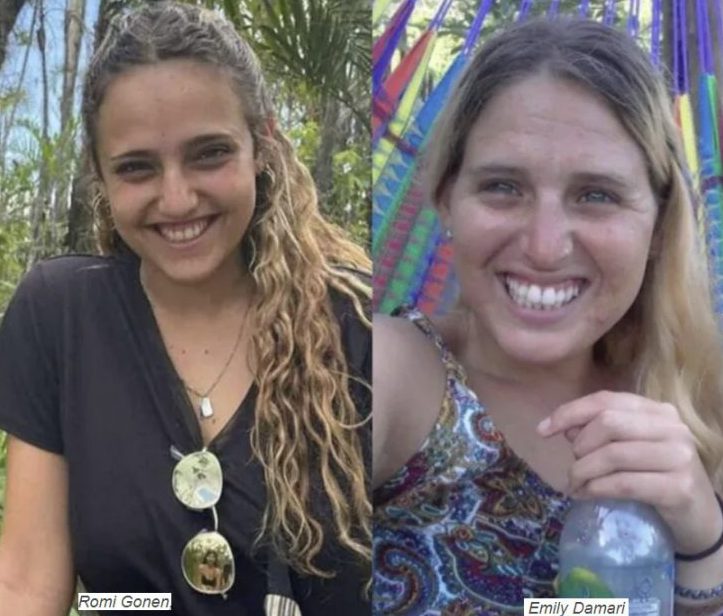Déjà vu – history is full of instances where British actions and inactions failed to protect Jewish lives. Opinion.
The recent British sanctions against Israeli Minister Bezalel Smotrich, citing his alleged role in “undermining a future Palestinian state,” have sparked a wave of controversy and criticism. For many in the Jewish community, these actions feel like a painful echo of the past—a déjà vu of historical instances where British actions and inactions failed to protect Jewish lives.
In 1929, under British rule, the city of Hebron witnessed a brutal massacre. Arab mobs, armed with axes and knives, swept through the streets of the Jewish Quarter, slaughtering sixty-seven Jewish men, women, and children, leaving scores more injured. The cries of the victims for intervention went unanswered as the British chief of police in Hebron did nothing to halt the violence, riding past the unfolding horror without action.
This inaction remains a bitter memory, highlighting the failure of British authorities at the time to protect the Jewish community.
Eyewitness accounts told to descendants of those who survived the massacre paint a grim picture of a community forsaken by those tasked with their protection. Passed down through generations, they reveal the extent of the trauma inflicted by both the massacre and the subsequent British actions. In fact, despite repeated pleas from Jewish residents and students of the Hebron yeshiva, the British authorities not only failed to intervene but, in a bewildering twist, once the pogrom was over detained and imprisoned some of the very survivors they should have rescued.
The current British stance against Finance Minister Bezalel Smotrich and National Security Minister Itamar Ben Gevir is perceived by Jews around the globe as a continuation of this historical pattern.
Smotrich’s actions are defensive measures, aimed at protecting Israel from threats reminiscent of past horrors like Hebron and those of October 7th. The two ministers speak up fearlessly for Jewish security. This decision by the UK evokes unsettling memories of the British inaction when Jewish communities were murdered in cold blood under the watch of the British.
The unshakable legacy of Rav Kook who refused to shake the extended hand of the British Governor
When Rav Avraham Yitzchak HaCohen Kook was brought the news of the Hebron massacre in his Jerusalem home, he fainted. A towering Torah luminary and dominant figure in Jewish leadership, he was introduced to the British governor of Palestine shortly after the massacre, during a British Mandate event. However, Rav Kook bluntly refused to shake the Governor’s extended hand, boldly stating, “These hands are covered with the blood of the Jews murdered in Hebron.”
This refusal was more than a personal protest; it embodied the deep betrayal felt by Jews at the hands of the Mandate authorities who failed to protect them although they easily could have – and who even sought to punish them with imprisonment for surviving the massacre. Today that very same UK employs sanctions. The code of conduct is the same.
A Call for Reflection
It is incumbent upon the international community to not repeat the mistakes of the past—turning a blind eye to valid security concerns of nations striving to protect their people. The Jews who have yet to recover from the Holocaust where six million Jews were murdered and chances are, they never will.
History serves as a potent reminder of the consequences of apathy and inaction. As we navigate the convoluted landscape of Middle Eastern politics today, understanding historical contexts can guide more balanced and thoughtful approaches to achieving peace and security for all involved. That is, if one wants to see the truth. SHAME ON THE BRITISH!
And as God told Moses at the Red Sea: GOD WILL DO BATTLE FOR YOU [THE JEWISH PEOPLE] AND YOU WILL BE SILENT.
ה’ ילחם לכם ואתם תחרישון
Duvi Honig is founder and CEO of the Orthodox Jewish Chamber of Commerce, a global umbrella of businesses of all sizes, bridging the highest echelons of the business and governmental worlds together, stimulating economic opportunity andpositively affecting governments’ public policies. His work has been recognized by both Presidents Obama and Trump.





